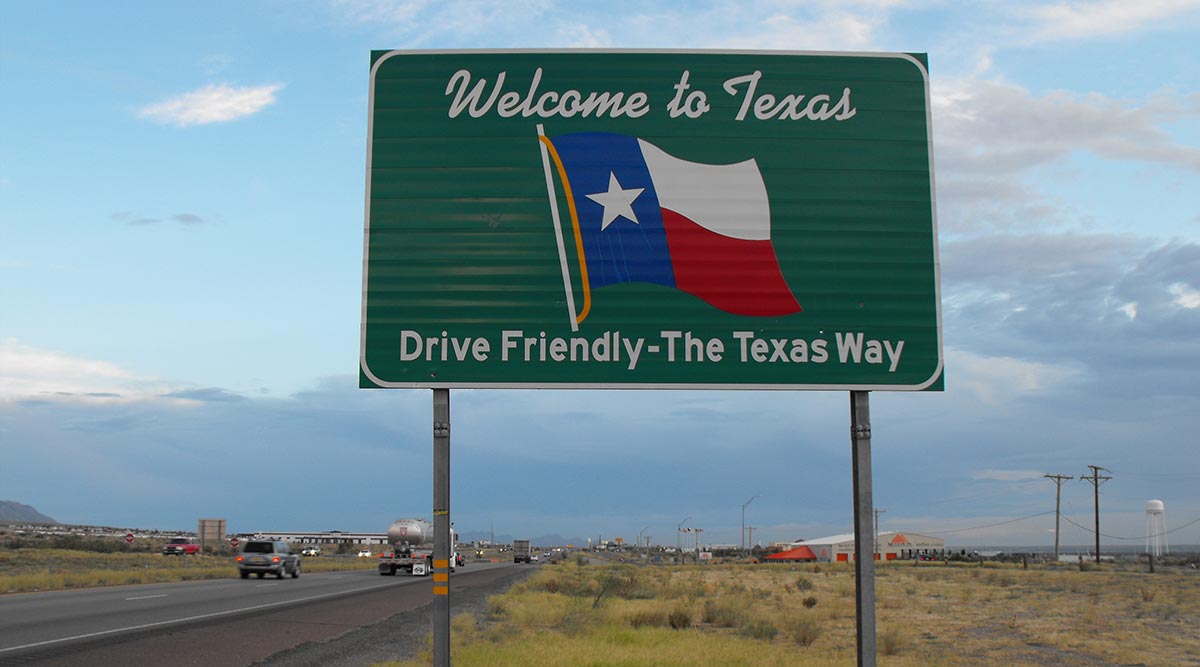Texas Mulls Cost, Public Request to Drop Highway Tolls

Texas could rid itself of toll roads — but at a steep price, according to the latest estimates by transportation officials.
Based on outstanding debt and additional costs related to buying back bonds sold to build toll roads, Texas Department of Transportation Executive Director James Bass told lawmakers the state would need to pay $24.23 billion, as of Jan. 1, 2016. As more payments are made, additional interest also accrues, so the final total cost would change depending on exactly when the roads are paid off.
The estimate was requested by state lawmakers, who don’t expect all tolls to go away. Officials said they wanted a baseline as they respond to frustration by motorists who feel Texas has relied too much on toll roads to address highway congestion.
“Part of this process, in my mind, is changing going forward,” said Rep. Joe Pickett, D-El Paso, chairman of the House Transportation Committee that discussed the figures on Aug. 30.
TxDOT is expected to issue a final report to lawmakers Sept. 1, detailing how much has been borrowed and what it will cost over the coming decades to remove tolls from Texas highways. Many of the toll roads are maintained and built by local entities, such as the Harris County Toll Road Authority. The state oversees about 230 miles of the roughly 700 miles of toll roads around Texas.
Currently, 150 miles of tollway is under construction around the state, mostly in the Houston, Dallas and Austin areas.
In the Houston area, TxDOT oversees the Grand Parkway, currently around 54 miles in length. Bass said eliminating tolls on the Grand Parkway, with a total payment on Jan. 1, 2017, would cost an estimated $3.6 billion, about $400 million more than officials borrowed to develop and build the project.
Though a huge cost the state is unlikely to absorb soon, Pickett argued some tolls could be removed sooner, if there is a way to commit the funds. Camino Colombia, a 22-mile tollway from the Mexican border to Interstate 35 north of Laredo, is a possibility, Pickett said.
Adding those to the maintenance needs around the state — TxDOT maintains about 82,000 miles of highway — would be insignificant, Pickett said.
Removing some tolls, meanwhile, would allow lawmakers to address concerns raised about an over-reliance on tolls.
“I think you would agree all things considered people would prefer not to have toll roads,” said Rep. Ron Simmons, R-Carrollton, adding he still supported tolls as a way to build roads.
“I do believe tolling should probably be the last choice,” Simmons said.
Pickett said he was also concerned new and upcoming tollways that rely on managed lanes along existing highways essentially set up a road system for the rich, and leave others stuck in traffic.
“Managed lanes create winners and losers,” Pickett said. “There will be people who will be able to keep on a time schedule…. Some of these managed lanes are going to keep the majority of travelers congested.”
Still, some defended toll roads as providing needed relief TxDOT otherwise wouldn’t have built.
“I have got nothing but positive feedback from my community,” said Rep. Allen Fletcher, R-Tomball, who represents some of the northwest Harris County area where the newest segments of the Grand Parkway opened in February.
According to the latest statements filed related to the bonds used to build the Grand Parkway, use is surging on the parkway. Since it grew from 15 miles to 54 miles as of March, the number of transactions along the parkway — the number of times a single vehicle passed a toll gantry — quadrupled, based on June figures. Officials reported 9.4 million transactions in June. For fiscal 2016, which ends Aug. 31, through June the tollway had raised $54.2 million from tolls, $19.2 million more than officials estimated.
In addition to the Grand Parkway, Fletcher noted new toll lanes along Texas 249 and a direct connection with the Sam Houston Tollway have improved travel times in the region. The popularity of all the new tollways, Fletcher said, shows people want traffic relief, even at a price.
“Time is money and it means something to the community,” he said.

